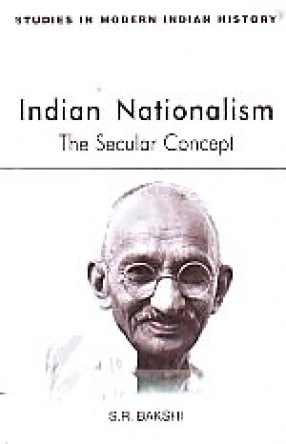
S R Bakshi

136 books
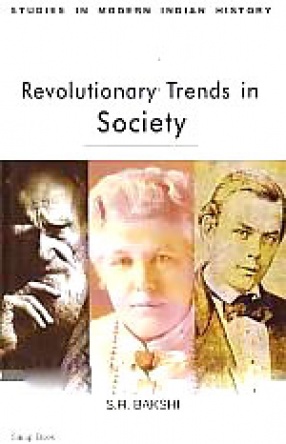
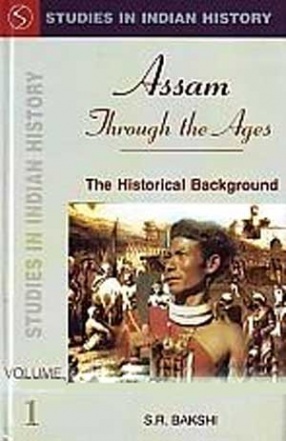

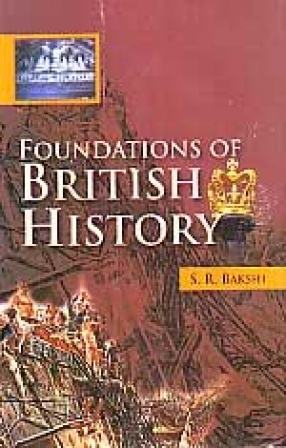
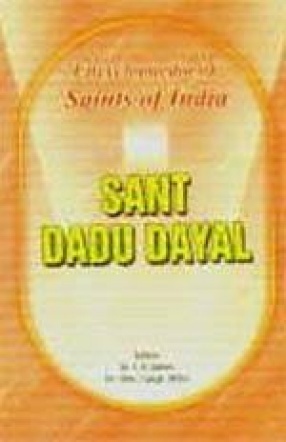
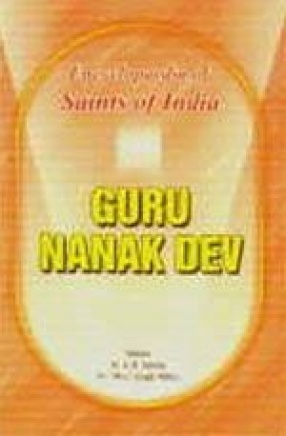
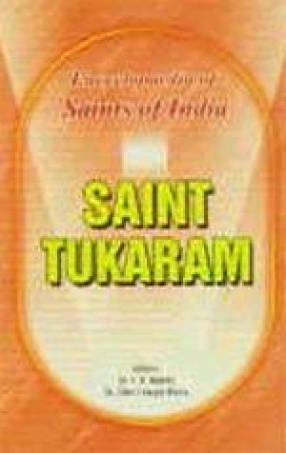
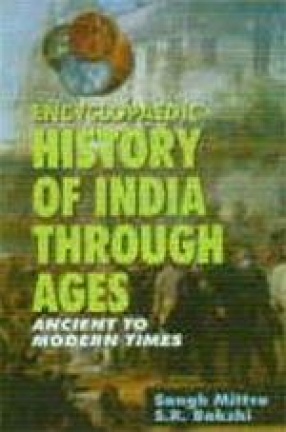

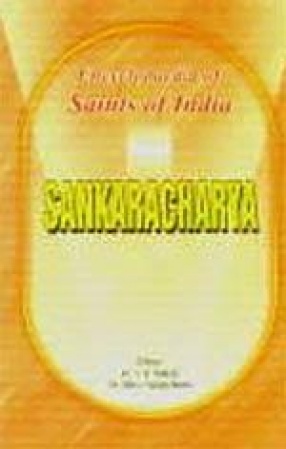



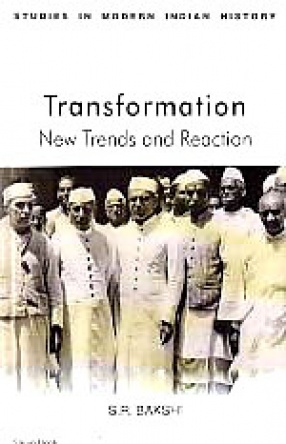


This academic work has been weaved into three volumes, divided into various phases of Assam. Volume one contains fifteen chapters, appendices and the revolt of 1857, volume second deals with eight chapters having thrust upon the national upsurge and the third one has given emphasis on society and economy of Assam.
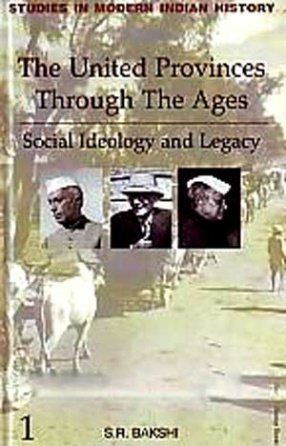
Volume Title:V. 1. Social ideology and legacy; V. 2. Role of eminent Muslims; V. 3. Role of women.
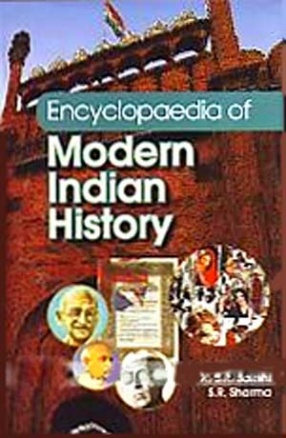
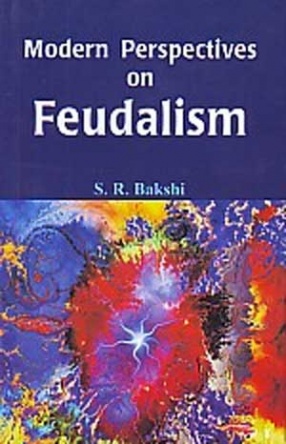
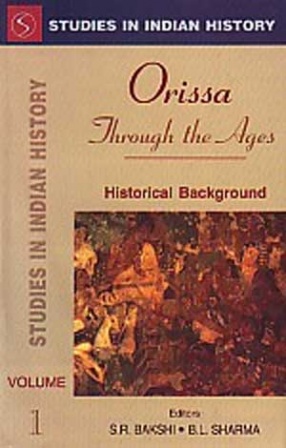
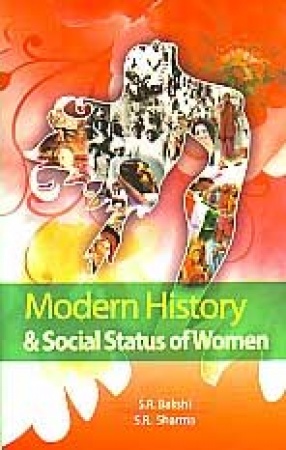
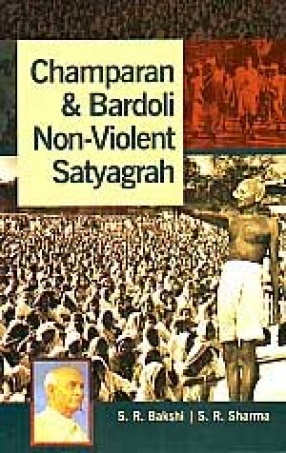
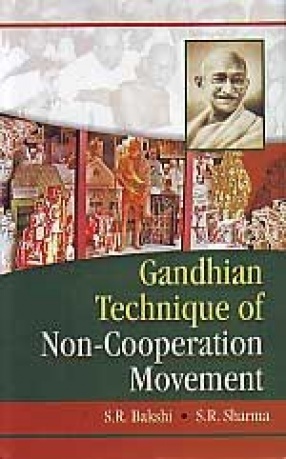


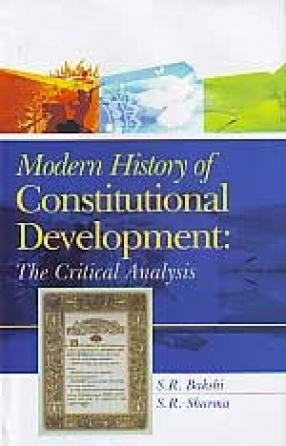
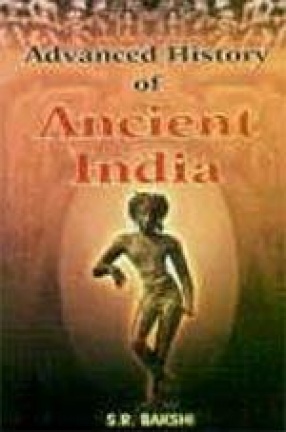
First volume of this set deals with various phases of ancient Indian history having bearing on the socio-economic life of our society. The chapters cover the early society, vedic religion literature, architecture, Kurus, Panchalas, Kosalas, caste system, development of astronomy, social customs, foundation and spread of Buddhism and the Persian and Greek invasions on India. Second volume deals with the Mauryan Empire and its administration, Asoka and his rock ...

Dadu Dayal belonged to Rajasthan and gathered around himself a group of followers who were known as Dadu-panthi. He stated quite clearly, 'When realisation came to me, I was filled with joy and all fear departed from me. I found pure deliverance in the realm of the unapproachable.’ In fact he loved the merciful God. He has found that God is unchangeable, immortal, fearless, self-existent, almighty, pure, unseen, infinite and uncomprehensible. Therefore worship ...

Guru Nanak Dev's early career shows that he was born to do a 'great' work for the welfare of humanity. His was a dedicated and disciplined life who believed and preached piety, truthfulness, non-violence, non-possession and mutual support, his hymns and teachings throw much light on the working of his pure mind which always gives us a valuable lesson to do much work for the welfare of the people irrespective of the fact that they belong to a particular caste, ...


Sant Tukaram was a well-disciplined and a sincere devotee of God. He opined, ‘God cares for love, not for food’. He was non-possessive and used to distribute his small possessions among the needy. He emphasised the life divine and explained his desire for the Amrita. He stated that the attainment of the Amrita is through the Nama and man’s liberation is through the Amrita. The text contains fourteen chapters having deep bearing on ideology and philosophy of ...



Sri Sankaracharya was one of the brightest minds in the firmament of medieval Hindu philosophy and a mighty force in the restitution of numerous thoughts and beliefs. In fact, he was deeply attracted towards asceticism at an early age. He was a erudite scholar, a very fine orator and could discuss any thing with deep knowledge and confidence. He wrote on the principles of Upanishads, Bhagavad Gita and the Brahma Sutra. He opined that there is but one God and he ...


